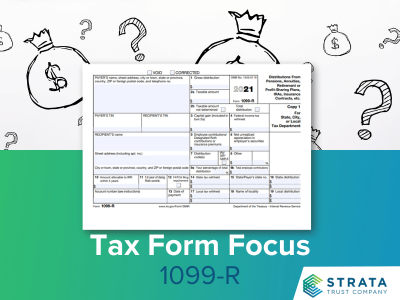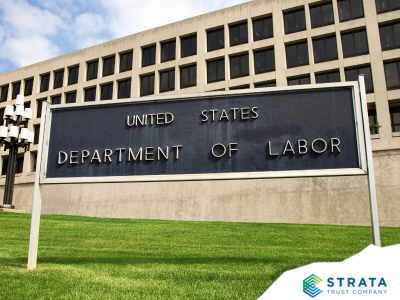With a self-directed IRA (SDIRA), you have the benefit of tax-deferred investment growth (tax-free with a Roth IRA) and the freedom to invest in almost anything. Investors look to self-directed IRAs to diversify their portfolio from publicly traded stocks and bonds to asset types that are not as susceptible to the same type of market volatility. These are typically private, non-exchange traded investments, such as a limited liability company, gold bullion, or real estate. Many self-directed IRA owners use their investments not only to diversify risk and seek higher returns, but to achieve personal objectives such as supporting local businesses with additional capital or helping a specific demographic achieve homeownership through mortgage lending.
There are few limits on the types of investments you can make with your IRA, but there are limits on the level of involvement you can have with the investment. The “prohibited transaction” rules are intended to ensure that IRA owners (and certain others) are not benefiting directly or indirectly from the IRA investment independent of their retirement savings objectives. In order to avoid prohibited transactions, it’s important to understand what you can’t do with your IRA because the consequences of overstepping are steep. If you make an improper investment or transaction with your IRA, your entire IRA could be disqualified.
Prohibited Investments
By law, an IRA cannot be invested in life insurance, collectibles such as artwork or antiques, or S-corporation stock. You also cannot use your IRA as collateral for a loan. If any of these mistakes are made, the portion of the IRA used in the transaction is deemed distributed and taxable (to the extent it consists of pre-tax assets). The taxable amount is also subject to the additional 10% early distribution tax if you are younger than age 59½.
Prohibited Transactions
Certain transactions and levels of involvement between the IRA owner (or a disqualified person) and the IRA are also prohibited. If a prohibited transaction occurs, the value of the entire IRA as of the first day of the year in which the improper investment occurred becomes taxable to you – not just the value of the investment in question. The taxable amount is also subject to the additional 10% early distribution tax if you are younger than age 59½. Improper transactions include:
- Selling property to your IRA or purchasing directly from your IRA
- Borrowing money from or lending money to your IRA
- Providing materials or services to your IRA investment
- Transferring IRA income or assets or using such assets for the benefit of the IRA owner (outside of the benefit of growing assets for retirement) or disqualified person
- Receiving payment or consideration from any party dealing with a transaction involving the IRA

Prohibited People
Many prohibited transactions occur because of the people involved with the IRA transaction or investment. The following people are considered “disqualified persons” and cannot engage in any type of prohibited transaction with the IRA.
- IRA owner’s spouse
- IRA owner’s children or lineal descendants and their spouses
- IRA owner’s parents or lineal ascendants and their spouses
- IRA investment advisor or manager
- IRA beneficiary
- IRA trustee or custodian
- Any entity in which any person listed above has a 50% or more interest

What to Do & Not to Do
IRA owners are responsible for determining the appropriateness of an investment, analyzing the risks with investments, and avoiding potential prohibited transactions. To make sure you don’t cross the line when selecting nontraditional investments for your self-directed IRA, you may want to seek professional assistance. A financial advisor, a tax consultant, a real estate professional, or an attorney may be needed to help perform due diligence on the investment to ensure you are comfortable not only with the risk and expected return, but also that you are not violating the prohibited transaction rules.
You may also want to follow these general guidelines to help make sure you stay clear of a prohibited transaction:
- Don’t use IRA assets to invest in a disqualified person’s business.
- Don’t use any property or asset owned by your IRA.
- Don’t provide services, materials, or equipment to an IRA-owned asset (no “sweat equity”).
- Don’t take compensation (monetary or non-monetary) for any services provided to your IRA or as a result of a transaction with your IRA.
- Don’t take constructive receipt of any income generated by your IRA investment.
- Don’t use non-IRA money to pay the expenses incurred by an IRA investment.
- Don’t use your IRA to engage in a transaction with an entity in which you or a member of your family own a controlling interest (50% or more).
For more information, see IRS Publication 590-A, Individual Retirement Arrangements












